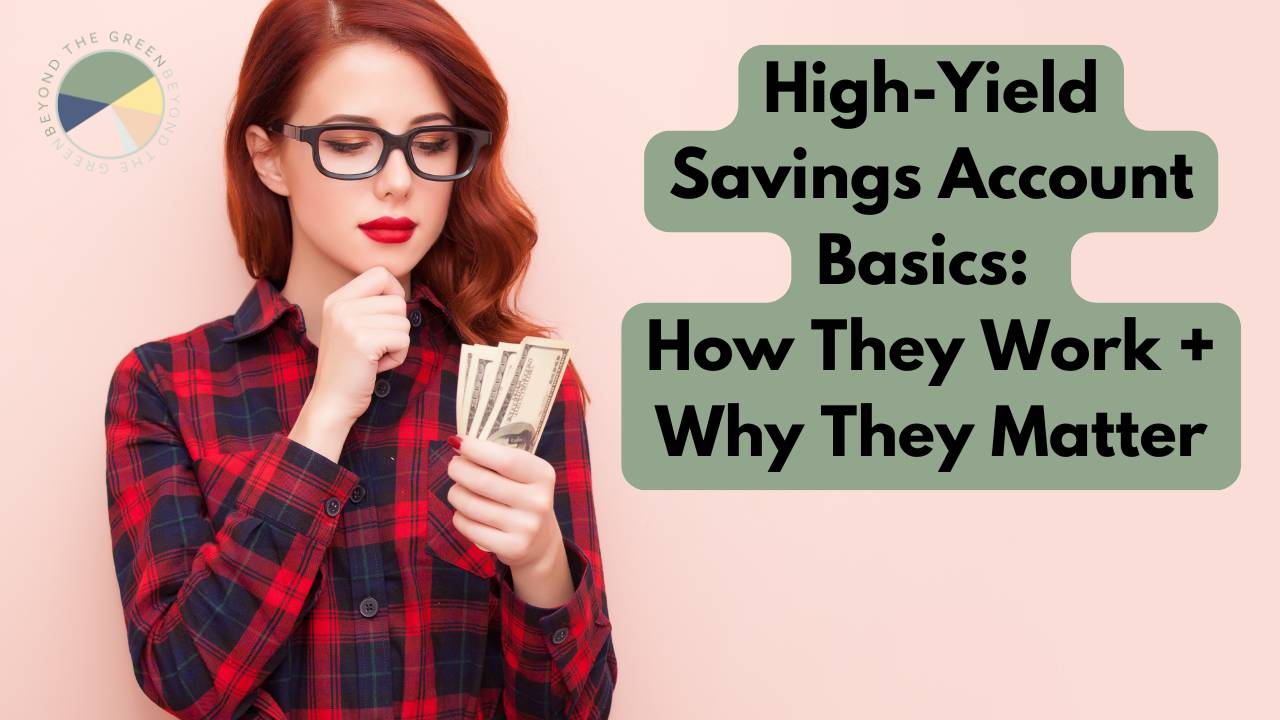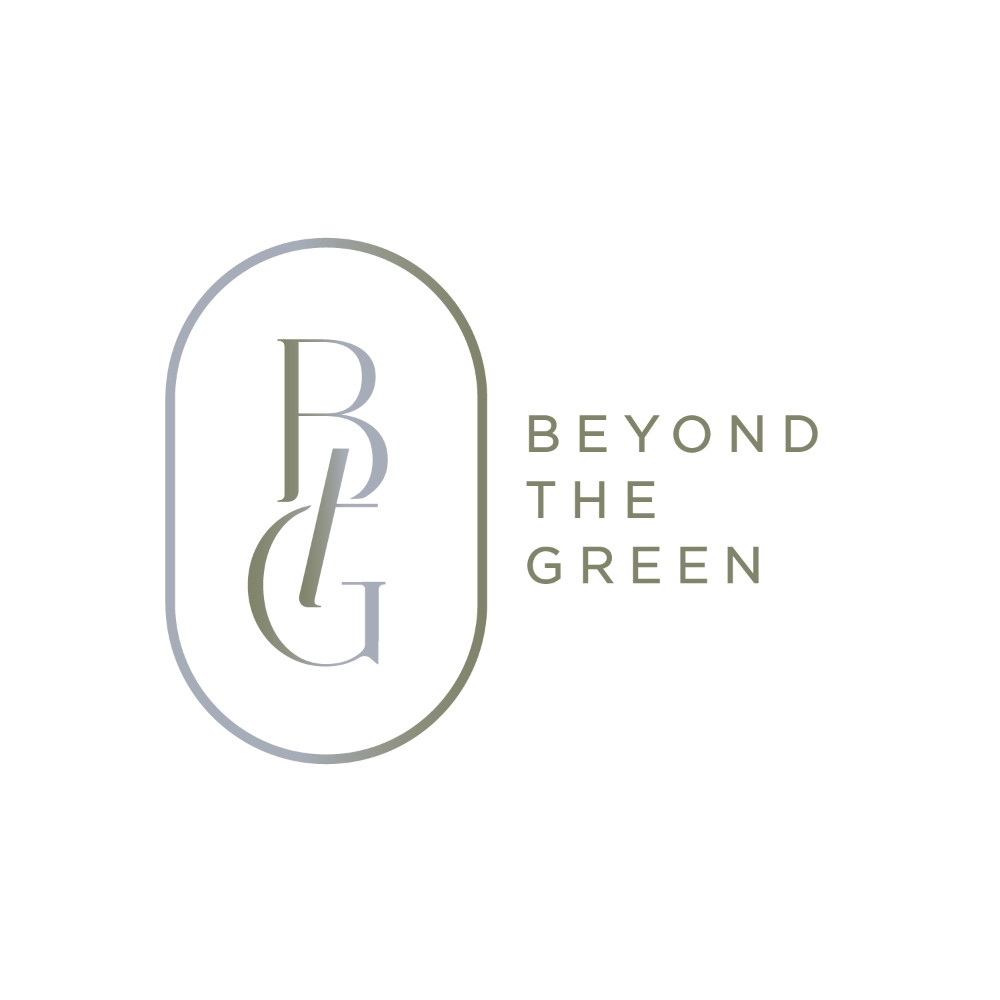High-Yield Savings Account Basics: How They Work + Why They Matter
Jun 25, 2025
You’ve probably heard the term HYSA — high-yield savings account, high-interest savings—tossed around, but no one ever really stops to explain what it means or why it matters. So let’s do that now.
A HYSA is one of the easiest, most low-effort tools to start building wealth, and I’d go so far as to say it can absolutely change your financial life. If your savings are sitting in a regular bank account earning pennies, you’re leaving money and wealth-building potential on the table.
This blog breaks it all down: what a HYSA is, how it works, and why moving your money into one is a smart, powerful step toward financial stability, flexibility, and peace of mind.
What IS a HYSA?
A high-yield savings account, or HYSA, is a regular savings account with one major difference: it makes you money. Most savings accounts from big banks like Chase or Wells Fargo give you basically nothing in interest. I’m talking, you’ll earn maybe two cents a year if you’re lucky. But a HYSA? Right now in 2025, I’m seeing accounts that are offering around 4–5% interest. That means if you put $10,000 in, you could earn around $400–$500 in a year just by letting it sit there. No effort. No risk. No praying to the stock market gods. Just free money for being slightly more intentional.
Why Choose a HYSA?
Why is this better than a regular savings account? Think about it this way: regular savings accounts are where money goes to take a nap. A HYSA lets your money do something useful while it rests. It’s like giving your cash a side hustle that doesn’t require a ring light or a sales funnel. At Beyond the Green, we recommend that, at a minimum, our clients keep their emergency fund in a high-yield savings account. Why? Because your emergency fund is supposed to hold a significant amount of cash—enough to cover unexpected expenses or a few months of life if things go sideways. That money needs to be accessible, but it shouldn’t just sit there doing nothing.
A HYSA is the perfect middle ground. You can access the money when you need it, but while it’s parked, it actually earns something, even if it’s not quite giving stock market-level returns. It’s the best of both worlds: your money stays safe, liquid, and still grows in the background.
You can also use a HYSA for short-term savings goals, but remember to keep your Emergency Fund in its own account.
Where do I get a HYSA?
You won’t find a HYSA at Chase or Bank of America (yet). If you do a quick google search (“best HYSA”), you’ll be able to get lists of banks that offer HYSA and what their interest rate offering is. Our team loves Ally, Marcus by Goldman Sachs, SoFi, and Raisin (with Raisin, you can use our unique code to sign up, BEYONDTHEGREEN).
Most HYSAs are free to open, have no monthly fees, and are just as safe as your other accounts.
Here’s a quick list of what to look for in your HYSA:
- FDIC-insured: FDIC stands for Federal Deposit Insurance Corporation. It’s insurance for your cash kept in a bank or credit union; if the bank fails, the FDIC will insure up to $250,000 of your deposits.
- Free to open: any account you look at should be free to open
- No unnecessary fees: this includes monthly maintenance fees, minimum balance fees, minimum deposit fees, etc. There are plenty of great accounts out there that won’t charge you.
- Interest rate within market rate (3.5-5%): interest rates will vary depending on the institution and the economy, but as long as the account you’re looking at has an interest rate in line with other accounts out there, you’re good to go.
- Other useful features: does the HYSA have unlimited transfers between accounts? A way to organize your money within the account? Not all accounts have the same internal features, so do your research and choose the account that makes the most sense for your life.
Your money should be working smarter, not harder. If you have large sums just sitting in checking, it’s not doing you any favors. Making the switch to a high-yield savings account is one of the easiest financial upgrades you can make.
Beyond The Basics: Our Glossary Of Financial Terms
We define the lingo you'll need to become a finance expert!
We hate SPAM. We will never sell your information, for any reason.




